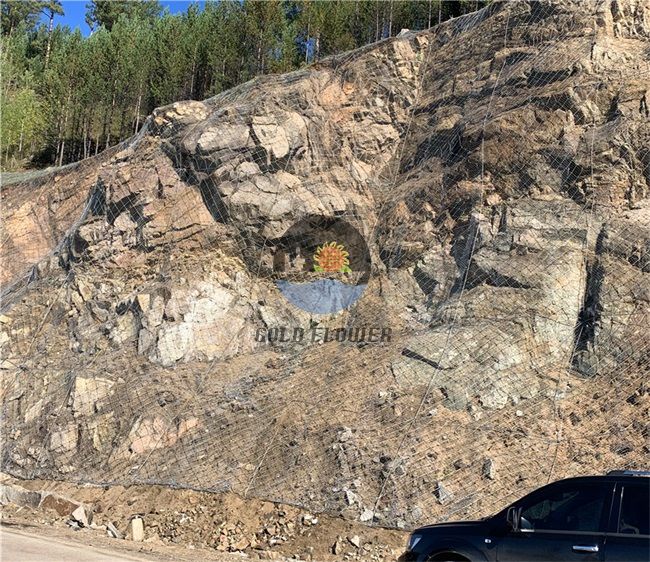Aug . 10, 2024 04:40 Back to list
Exploring Options for Purchasing High-Quality Metal Mesh Screening for Various Applications
Everything You Need to Know About Buying Metal Mesh Screening
When it comes to selecting materials for construction, filtering, or protective purposes, metal mesh screening is undeniably a versatile element. Whether you’re a contractor, DIY enthusiast, or simply someone looking to enhance your home or workspace, understanding how to choose and buy the right metal mesh screening is crucial. This article will explore the different types of metal mesh, their applications, and tips for purchasing the best product for your needs.
Understanding Metal Mesh Screening
Metal mesh screening is made from various materials, including stainless steel, aluminum, and copper. Each type of metal offers different properties, making certain screens better suited for specific applications. Stainless steel mesh is renowned for its strength, corrosion resistance, and durability, which is why it’s commonly used in construction and industrial settings. Aluminum mesh, being lighter and more malleable, is often used in home improvement projects such as window screens and decorative elements. Copper mesh is frequently used in pest control, as its fine structure effectively keeps out unwanted insects.
Applications of Metal Mesh Screening
The applications of metal mesh screening are vast. In construction, they serve as reinforcement for concrete, act as barriers for safety, and provide ventilation while maintaining structural integrity. In the agricultural sector, mesh screening is used for sorting, sifting, and irrigation purposes. In the home, metal mesh screens can be found in windows, doors, and even as decorative accents in modern design. Moreover, industries like automotive, aerospace, and HVAC utilize metal mesh for filtering and separating materials.
Factors to Consider When Buying Metal Mesh Screening
1. Material Choose the right type of metal based on its application. For high corrosion resistance, stainless steel is recommended. For lightweight projects, aluminum may be sufficient.
buy metal mesh screening

2. Mesh Size and Wire Diameter The size of the mesh opening and the diameter of the wire determine the effectiveness of the screening for your specific needs. Consider the intended use—such as filtering objects of a certain size or allowing air flow while blocking debris.
3. Weave Type The way metal fibers are woven together can affect strength and flexibility. Common weave types include plain weave, twill weave, and lock stitch. Each type has its advantages depending on the intended application.
4. Finish Metal mesh can come in various finishes, such as galvanized or vinyl-coated, adding extra protection against rust and wear, which is particularly important in outdoor environments.
Where to Buy Metal Mesh Screening
Purchasing metal mesh screening has become increasingly accessible, thanks to both local hardware stores and online retailers. When buying in person, it’s beneficial to touch and examine the mesh to gauge its strength and quality. Meanwhile, online stores often provide comprehensive specifications and customer reviews, which can help you make an informed choice.
Conclusion
Buying metal mesh screening doesn’t have to be daunting. By understanding the different types of materials, their applications, and key factors to consider in the buying process, you can ensure that you choose the right mesh for your project. Whether you need it for construction, home improvement, or industrial processes, metal mesh screening offers durability and versatility. Take your time to research and select the best options to fulfill your requirements, ensuring that your investment is worthwhile and effective for its intended purpose.
share
-
High-Quality Screen Stone for Modern Stone Screen Walls Elegant Facade Solutions
NewsJun.10,2025
-
High Quality Wire Filter – Cheap Stainless Steel Filter Wire Mesh Cloth & Wire Mesh Filter Solutions
NewsJun.10,2025
-
5 Micron Water Filter Cartridge - Premium Sediment Filtration, Universal Fit
NewsJun.10,2025
-
High Quality CE-Certified Gabion Boxes with OEM Options
NewsJun.10,2025
-
20x20x2 Air Filter High-Efficiency Dust Filtration for Clean Air
NewsJun.10,2025
-
Decorative Metal Mesh for Radiator Covers Custom Durable Mesh Panels
NewsJun.10,2025

